|Right now is a good time for those who are interested in installing solar panels in their homes and businesses. In August 2022, the Inflation Reduction Act (IRA) was signed by President Biden. As part of the act, the Federal Investment Tax Credit (ITC) was increased to 30% and was extended until 2032. As a result, eligible solar residential and business customers will be able to take advantage of tax credits for the cost of the system. Larger commercial systems benefit from additional credits of up to 50% (or even more) of the cost. Another important feature of the IRA is that it allows non-profits and local and state governments to get credit as direct pay instead of a tax credit.
So more and more solar can be installed! For most customers, going solar can be done in just four simple steps.
-
Find solar company
Start by finding the right solar dealer for your home. Consult friends who have already installed a solar system or visit reputable review sites. Meet with a number of solar companies. Have a dialog. Solar consultants will ask questions about your home and learn about monthly electric bills. Because every roof is situated differently in relation to the sun, they must check the structure of the house and the space on the roof. The age of the roof, the type (flat or pitched), and the material (tiled roof vs. asphalt) are important when considering solar design and installation. You should feel comfortable that they have the information they need for a true estimate and that all of your questions have been answered. Purchasing a solar system is a long-term investment, so you should also know the warranty that covers your installation.
-
Review the Financing Options
After submitting an estimate, the consultant will provide you with solar finance options to help you determine the best way to pay for your solar system. They will include loan options, and they will provide the incentive that your solar installation will qualify for. There are three main types of financing: cash purchase (including your own HELOC), solar loans, and leases (not available with all companies or in all states). Your solar consultant can help you decide which one is best for you.
- Coordinating with Local Authorities
An experienced contractor can handle all the details necessary to prepare your home for solar to meet all of the regulations and to interact with the utility for approval. Local governments have different licensing standards, and building codes change frequently. Established solar companies have strong relationships with local offices and inspectors, which help keep the installation running smoothly. They also know the ins and outs of working with local utilities and homeowners’ associations.
-
Installing and Activating the System
The project manager will provide you with the timeline and process. The work crew will arrive at your home and, within a few days (depending on the size of the system), will complete the installation of the entire system. Upon completion, an inspector from your utility or local electrical authority will approve your system. With this, you will be ready to start generating your own clean energy. You should be able to monitor how it’s working, and you’ll soon see much lower energy bills!
When you are ready to know more, contact us!










